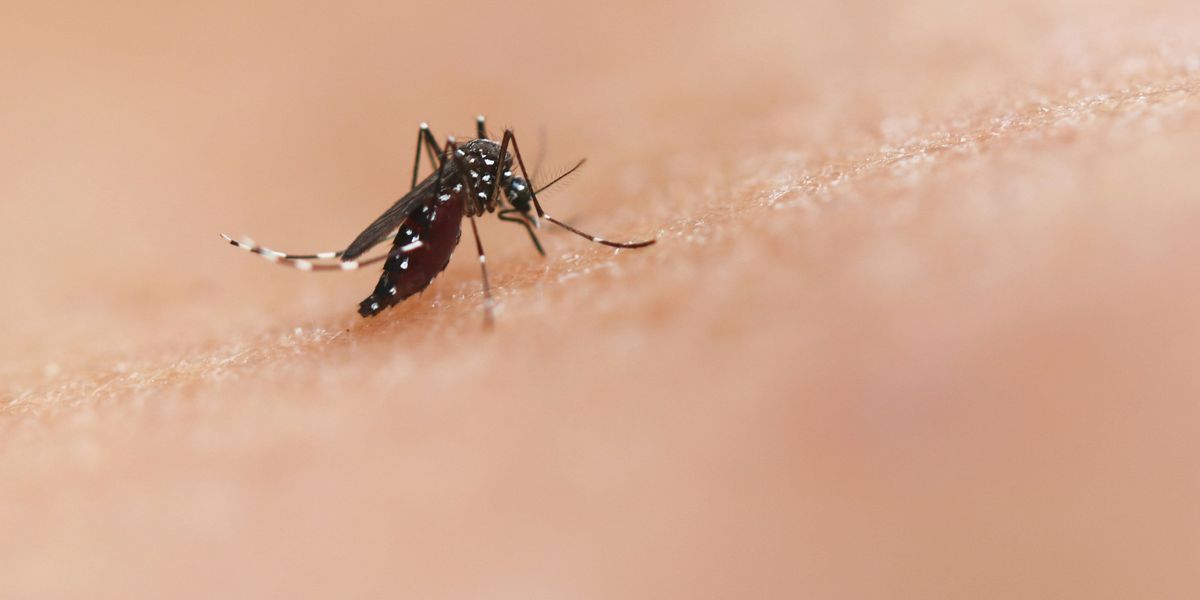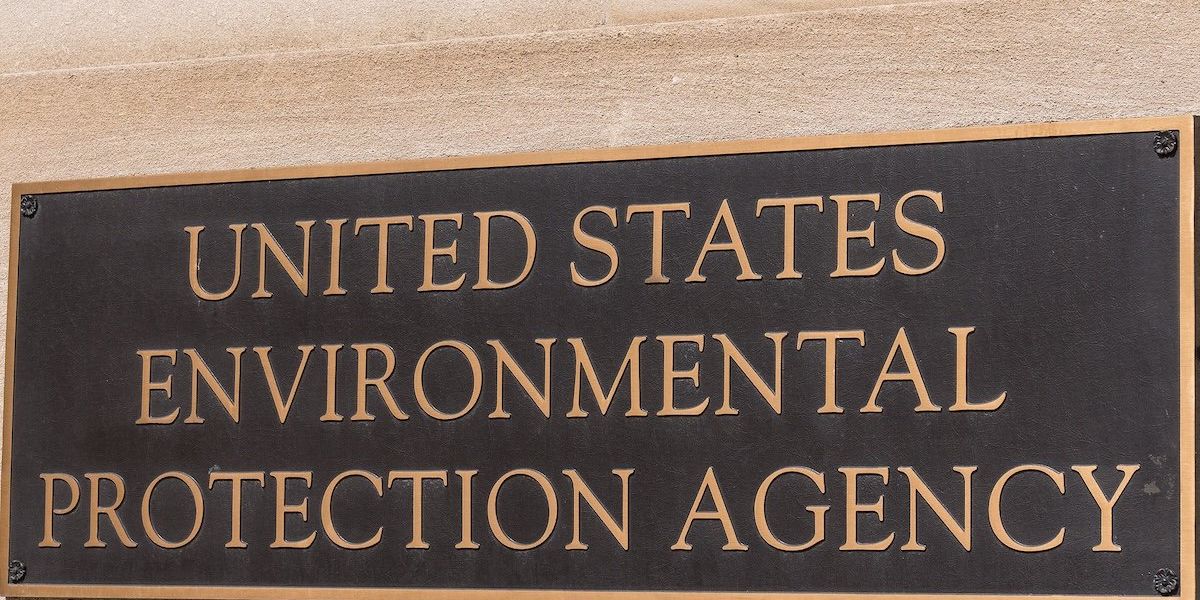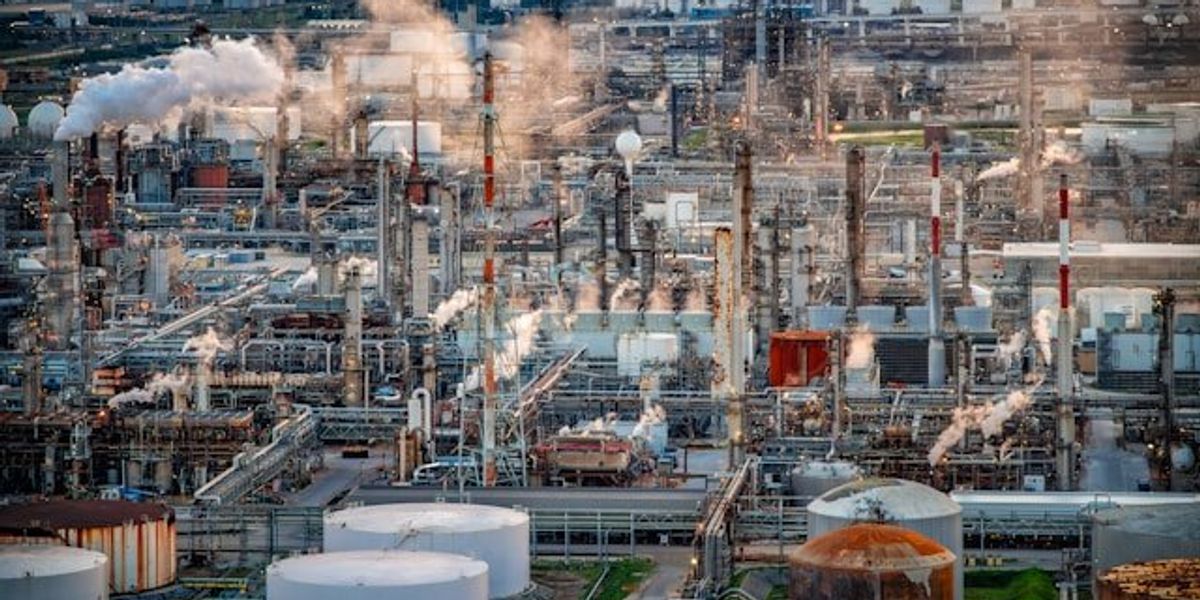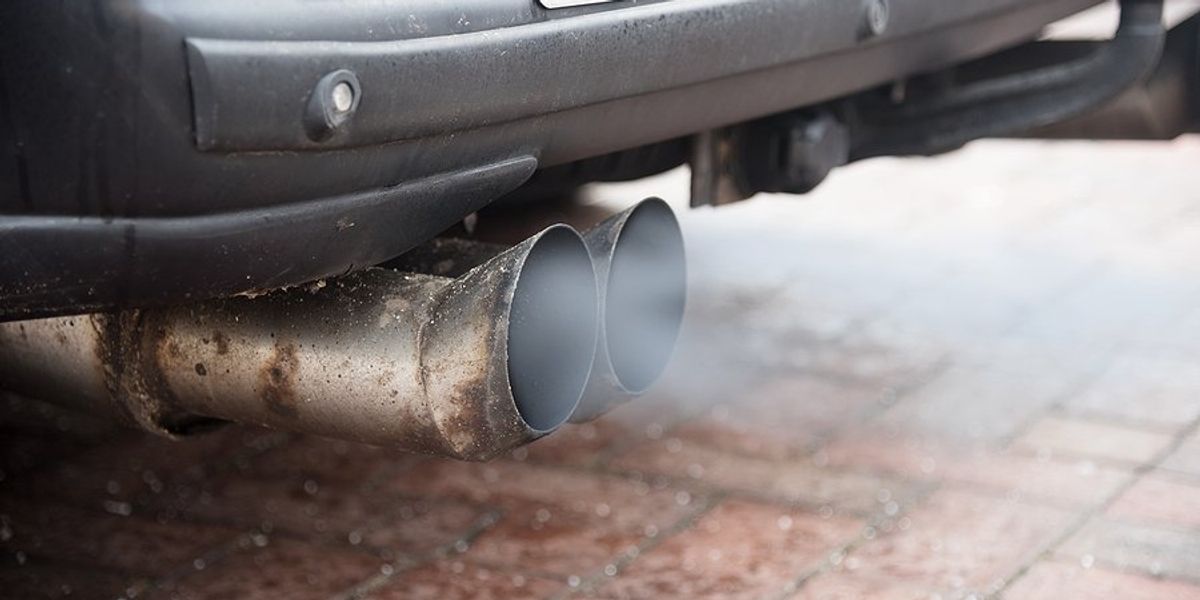plastic waste
Biden’s push for plastic as a coal replacement sparks environmental backlash
A Pennsylvania company’s plan to turn plastic waste into fuel for steelmaking, backed by a $182.6 million federal loan guarantee, is drawing sharp criticism from environmentalists who say the project is anything but green.
In short:
- The U.S. Department of Energy is funding a project to replace coal with plastic waste in steel production, claiming it will reduce greenhouse gas emissions.
- Environmental groups argue that burning plastic is not a viable climate solution and could worsen air pollution in disadvantaged communities.
- The Energy Department’s decision is under scrutiny as critics push for investment in cleaner, proven technologies like hydrogen.
Key quote:
“There are no steel mills in the United States that burn plastic. No one has any idea what the emissions profile of burning plastic will be.”
— Jane Williams, chair of Sierra Club’s national clean air team
Why this matters:
Burning plastic as fuel could introduce new toxic emissions, raising health concerns in communities already burdened by pollution, while potentially delaying the transition to truly clean energy alternatives. Read more: Every stage of plastic production and use is harming human health.
Houston’s plan for plastic recycling faces major hurdles and fire hazards
The ambitious Houston Recycling Collaboration, aimed at addressing plastic waste, is stalling as unprocessed plastic piles up at a site with multiple fire code violations and no state approval.
James Bruggers reports for Inside Climate News and CBS News.
In short:
- Plastic waste from Houston's advanced recycling program has been piling up for over a year at a facility with multiple failed fire inspections.
- The chemical recycling process promoted by the city and corporate partners has yet to be implemented, with major safety and environmental concerns mounting.
- Industry partners are distancing themselves from the project, questioning its legality and safety.
Key quote:
“Five acres of paper and plastic piled up with little or no fire suppression: What could go wrong?”
— Richard Meier, private fire investigator
Why this matters:
As the plastic waste accumulates, so do concerns over environmental health and the effectiveness of so-called 'advanced' recycling methods. For a city that wants to set the standard, the reality is proving far more complicated—and messy—than anyone anticipated. Read more: What is chemical recycling?
A Harris presidency could tackle plastic pollution
A Harris administration could make significant strides against plastic pollution, leveraging her background as California’s attorney general and her support for federal legislation aimed at reducing plastic waste.
In short:
- Kamala Harris has a strong environmental record, including co-sponsoring the Break Free From Plastic Pollution Act of 2020.
- As vice president, she supported initiatives to eliminate single-use plastics from federal operations.
- Harris' potential presidency could continue efforts to address plastic pollution, holding polluters accountable and supporting international treaties.
Key quote:
“Harris is at least competent and a true public servant, and she believes in international diplomacy and tackling global problems. I can’t say the same for Trump.”
— Julie Teel Simmonds, senior attorney, Center for Biological Diversity Action Fund
Why this matters:
With her track record as a tough-on-corporate-crime prosecutor and a staunch environmental advocate, Harris brings the chops needed to tackle the plastics crisis head-on. Read more: Biden administration unveils plan to wean US government off single-use plastics.
Plastic industry pushes for recycling as a solution to pollution crisis
The petrochemical industry claims to support a global treaty to curb plastic pollution but emphasizes recycling over production caps.
In short:
- Industry groups are promoting recycling targets and waste collection improvements as alternatives to capping plastic production.
- These proposals could cut global plastic pollution by 36% by 2050, but without a production cap, it's harder to achieve significant reductions.
- Industry influence over treaty negotiations is increasing, with substantial lobbying at recent sessions.
Key quote:
“Whether the treaty includes plastic production cuts is not just a policy debate. It’s a matter of survival.”
— Jorge Emmanuel, adjunct professor at Silliman University in the Philippines.
Why this matters:Recycling initiatives proposed by the petrochemicals industry while beneficial, are insufficient to tackle plastic pollution. A comprehensive approach, including production caps, is a more effective approach to achieve meaningful health and environmental benefits. For more read the op-ed by Pete Myers: We must determine which uses of plastic remain essential; eliminate those that aren’t; and design new materials to replace still essential plastics.
AI tool aims to curb plastic waste in food industry
A new machine learning tool developed at U.C. Santa Barbara aims to guide policymakers in reducing plastic waste through a variety of interventions.
In short:
- Representatives from more than 150 countries are negotiating a treaty to address the plastic crisis, with final details expected later this year.
- The Global Plastics AI Policy Tool assesses the impact of 11 policy interventions on reducing plastic waste through 2050, predicting significant reductions with measures like minimum recycled content mandates and capping virgin plastic production.
- Expert Nivedita Biyani emphasizes the need for systemic changes in waste management, comparing current practices to outdated methods from the 1950s.
Key quote:
"Negotiators need to recognize that plastic pollution is an accelerating global crisis that cannot be solved with fragmented national approaches."
— Eirik Lindebjerg, WWF International’s global plastics policy lead
Why this matters:
Plastic pollution is a growing global crisis affecting both environmental and human health. Effective policies, informed by AI tools, are important for achieving significant reductions in plastic waste, especially in sectors like food packaging. Read more: Investigation: PFAS on our shelves and in our bodies.
Effort to reduce plastic waste in New York gains momentum
New York State is on the verge of passing legislation to significantly reduce single-use plastic waste, potentially setting a precedent for other states.
In short:
- The proposed Packaging Reduction and Recycling Infrastructure Act aims to cut plastic packaging by 50% over 12 years by pushing companies to use sustainable alternatives or pay fees.
- Fees collected would fund recycling and waste management infrastructure, potentially bringing New York City $150 million.
- The bill also seeks to ban 19 of the most toxic chemicals in plastic packaging, following examples set by other states like California and Maine.
Key quote:
“We must go after the producers who contribute to the plastics crisis and not place the burden on individuals.”
— Elijah Hutchinson, executive director of the Mayor’s Office of Climate and Environmental Justice
Why this matters:
This legislation addresses the escalating plastic waste crisis, aiming to reduce landfill waste by six million pounds daily. Its success could inspire similar actions nationwide, promoting healthier environmental practices and reducing public health risks from microplastics. Read more: California moves forward with landmark plastic waste reduction law.
New global discussions focus on halting plastic pollution
Thousands gather in Ottawa to draft a legally-binding treaty aimed at halting the surge of plastic pollution worldwide. Will it protect the environment and human health?
In short:
- Global representatives are working to finalize a treaty that could dramatically alter plastic production and its environmental impacts.
- The treaty's scope may include limits on production, hazardous chemicals and waste management, influenced by various international interests.
- By the end of 2024, nations aim to adopt the first legally binding treaty to significantly reduce plastic pollution worldwide.
Key quote:
"People globally are disgusted by what they see. The straw in the turtle’s nose, the whale full of fishing gear. I mean, this is not the world we want to be in."
— Inger Andersen, executive director of UNEP
Why this matters:
This treaty seeks to address not only the visible effects of plastic pollution but also its underlying ties to fossil fuel use and climate change. Progress was slow in the first three rounds of talks, which started at the end of 2022. Some countries, like the U.S., have largely supported voluntary measures to control plastic pollution -- a position that advocates say is insufficient to solve the plastic problem as global production continues to ramp up. As negotiations move forward in Ottawa, some groups are pushing the Biden administration to take a leadership role in the plastic treaty talks.



















